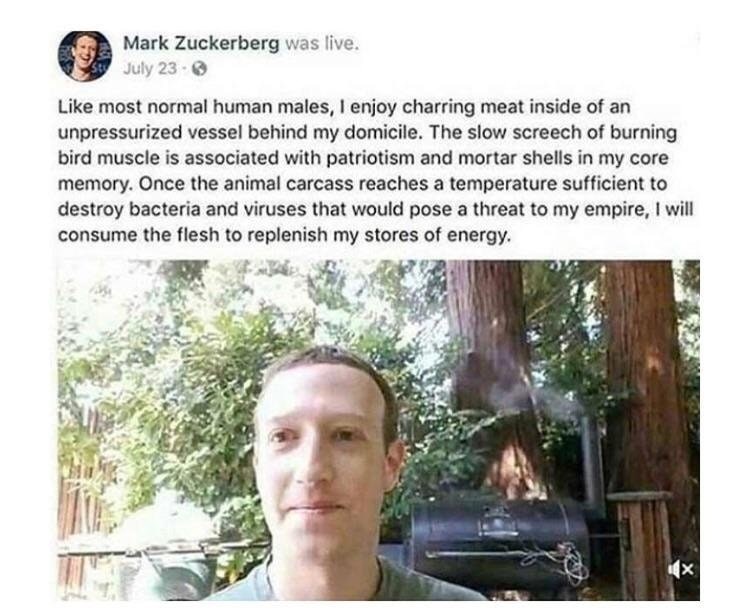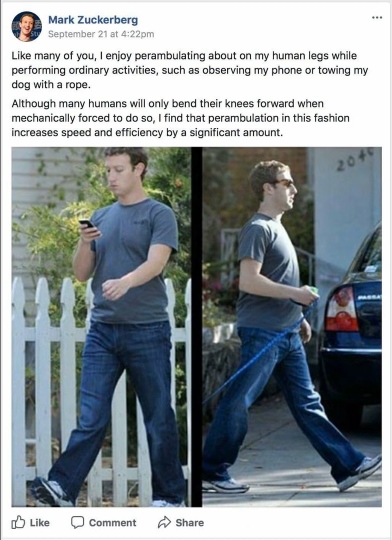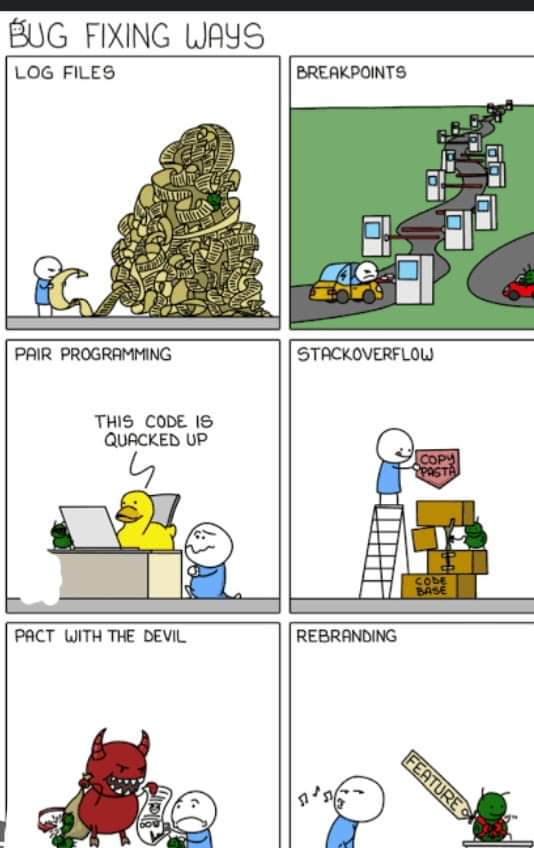Archived link.
As Chinese President Xi Jinping toured Europe this week to discuss Ukraine and trade, China remains Russia's leading source of sanctioned dual-use goods, fueling the ongoing war.
"Around 90% of the goods deemed high priority products by the Western countries... (was) supplied by China" as Chinese-made products or re-exported goods in 2023, a sharp rise from 30% in 2021, Nathaniel Sher, a senior research analyst at Carnegie China, told the Kyiv Independent.
China-based companies pour a range of items – from drones to microchips and machine parts – into Russia, including products made in China and those that bypass Western export controls via Chinese entities.
Beijing has thus far refused to commit direct lethal weapons to Russia's war, and both Kyiv and the EU sought to engage it in peace efforts, hoping to leverage its influence over Moscow.
Bringing China to the Ukraine-led Peace Summit planned in Switzerland for mid-June is among Kyiv's top priorities, a source in the president's office told the Kyiv Independent.
The flow of dual-use goods indicates that China is not as neutral in the war as it wishes to appear.
"More effort is needed to curtail the delivery of dual-use goods to Russia that find their way to the battlefield," European Commission President Ursula von der Leyen said on May 6 after meeting Xi in Paris.
Washington warned its partners in April that the level of this support is only increasing, extending also to geospatial intelligence and missile propellants.
While the West's options are limited regarding China selling its own products, there are avenues of action when it comes to re-selling Western goods and bypassing sanctions.
A coordinated action by Western partners could help drive up the costs for Russia and China, curtailing this critical lifeline, experts say.
What is Russia buying from China?
In 2023, China was responsible for roughly 90% of Russia's imports of approximately 50 items included in the G7 "high-priority" sanctioned goods list, such as microelectronics, navigation and communication equipment, optics, or Computer Numerical Control (CNC) machine tools.
China serves both as a producer of these items and as an intermediary for their re-export from other countries, helping to bypass sanctions.
The country's role as Moscow's lifeline for economic output and military production has risen sharply since the West imposed extensive trade restrictions on Russia.
While Chinese overall exports to the rest of the world have grown by 29% since 2021, exports to Russia have spiked by a whopping 121%, underscoring the role of their partnership.
When it comes to individual dual-use items, the sales of semi-conductors – vital for the manufacturing of communication systems, radars, missile guidance, or electronic warfare equipment – jumped from $200 million in 2021 to over $500 million in 2022, according to the Free Russia Foundation.
Several sectors of Russia's defense industry and military capabilities are boosted by Chinese trade.
"(Russia's) logistics machine is really important. So trucks, spare parts, forklift trucks, all those sorts of things that keep the war machine going," China can provide, said Edward Lucas, a senior advisor at the Center for the European Policy Analysis (CEPA), in a comment for the Kyiv Independent.
Other key components include drone parts and complete off-the-shelf drones, microchips, and other electronics, the expert added.
"When you look at what China is providing to Russia, it is less about (whole) systems, it is more about parts, specifically microelectronics, that China has been increasingly providing to Russia for the past few years… (which are then) integrated into weapon systems," Mathieu Boulègue, a senior fellow at CEPA, told the Kyiv Independent.
"The core of what China is providing Russia with right now are mostly spare parts, detached parts, microelectronics, components that are cannibalized by the Russian military industry."
Benjamin Hilgenstock, a senior economist at the KSE Institute focused on the sanctions regime against Russia, told the Kyiv Independent that we can see China playing three different roles when it comes to the dual-goods flow.
"So there are Chinese companies producing goods that Russia imports and needs for its military. The second role… is that there are foreign companies, including Western ones, that have production facilities in China," Hilgenstock said, adding: "These are not goods from Chinese producers, but they're made in China."
"And then the third role is Chinese entities as final sellers of these goods to Russia from Western companies."
Between January and October 2023, 41% of "battlefield goods" (the aforementioned ≈50 goods defined as "high priority" by the U.S., the EU, and other allies) supplied to Russia were produced by China-based firms, a report by the KSE Institute and the Yermak-McFaul International Working Group shows.
The percentage is almost the same for "critical components" (KSE's term for other dual-use goods that go beyond the definition set by the U.S. and other partners), making companies headquartered in China the leading source in both cases, followed by the U.S., Taiwan, and the EU.
Chinese tech giant Huawei was Russia's top provider of critical components for the first 10 months of 2023 ($530 million) and the second most significant source of battlefield goods ($286 million) after the American Intel. China's Lenovo and Hikvision also rank high in both indicators.
China's role as the global manufacturing leader comes into play as well. The KSE's research shows that 63.1% of battlefield goods and 58.7% of critical components sent to Russia during much of the last year were produced in China-based plants (including factories owned by foreign companies).
Similarly notable is the role of Chinese companies as final sellers. In terms of battlefield goods, 38% were sold to Russia from China and 30.9% from Hong Kong between January and October 2023. As for critical components, the percentages are 38.9% for China and 18.1% for Hong Kong.
The Chinese share in Russia's dual-use goods supply is not as high in the KSE Institute's report as the 90% figure presented by Carnegie Endowment, but the former examines the individual roles that China plays in this process, which do not always overlap. In the end, both organizations agree that China is Moscow's one source of these products.
Lucas stresses, however, that "it would be a mistake to say that China is the only lifeline of Russia's war machine."
Moscow showed dexterity in circumventing Western sanctions through other intermediaries, like the United Arab Emirates, Kazakhstan, and Turkey. It has obtained wholesale battlefield goods from Iran and North Korea, and its own economy is in war mode, producing more artillery shells than the U.S. or the EU can currently provide to Ukraine.
"If you remove China's help completely, tomorrow, it would indeed impact certain segments of the (Russian) military industry… (but) unfortunately, Russia is fully able to continue waging war by itself without China's support," Boulègue said.
One curious aspect is that even though customs data show extensive Chinese supplies flowing to Russia, they represent a disproportionately small portion of foreign-made components found in Russian weapon systems on Ukrainian battlefields.
Chinese products amounted to a mere 4% of the 2,800 foreign parts found in Russian missiles, drones, and armored vehicles and documented by Ukraine's National Agency on Corruption Prevention. This pales in comparison to nearly three-quarters of the sum being U.S.-made parts.
Hilgenstock offers two possible explanations for this discrepancy.
"One hypothesis is that (Russia) hasn't been able to substitute the Western goods" with Chinese products, he said. This would give the West powerful leverage to curb the supplies by its own efforts, but it also indicates that the current export controls are not as effective as hoped.
"The second hypothesis is that Russia does not have to substitute the (Western) parts because it still has access to them," the expert suggested.
What are China's goals?
Unlike other Moscow's partners like Iran or North Korea, Beijing has staved off from supplying direct lethal assistance. This has allowed China to continue supporting Russia under the veil of plausible deniability.
The Chinese Foreign Ministry has dismissed criticism against China by the West, saying its exports to Russia fall within the confines of "normal cooperation."
Despite its apparent affinity toward the Kremlin and hostility toward Washington, China's rhetoric has been constrained regarding Ukraine, calling instead for a mutually satisfactory peaceful resolution.
Looking beneath the veneer of pacifist proclamations, Beijing's role in assisting Russia's war machine is hard to deny.
Given the Chinese government's sway over the domestic business sector, it is difficult to imagine that the dual-use goods supplies are happening without its tacit approval.
According to Sher, "Given the size and scope of these transactions, it does seem like it's more than just Chinese companies looking to turn a profit... the Chinese government is likely aware of these transactions."
"If you change the optics a little bit, I would argue that China is providing lethal aid to Russia. It's not direct lethal aid, but military components and parts that are used to kill Ukrainians," Boulègue said.
"Of course, there is a big difference between providing a missile system and electronics that go into a radar used inside that missile. But still… I think we could argue that China is indeed providing a form of indirect lethal aid to Russia," he added.
Chinese companies can capitalize on Russia's growing demand, while Beijing is also likely interested in curtailing Western influence, and its partnership with Moscow is a key piece in this puzzle.
Yet, there are clear limits that Beijing has to respect as a global geopolitical player. While it wishes to support Russia against the West, it does not want to get its hands too dirty, tarnish its international reputation, and attract further costly sanctions from the EU or the U.S., experts say.
"(China) needs to put a critical distance between what Russia is doing in Ukraine and what it hopes to accomplish in the international arena because it brings too much attention, too much heat," Boulègue commented.
"In that sort of… geopolitical battle between the United States and China, they definitely do not want to overreach."
During Xi's visit, EU officials acknowledged Beijing's past efforts to moderate Russia's nuclear saber-rattling or its refusal to provide lethal aid.
Many observers noted that China is playing a careful balancing game, seeking to woo the EU and drive a wedge between it and the U.S. Given Europe's support for Ukraine, this naturally means treading carefully on war-related issues.
"The Americans would love everyone close ranks against Russia and China. China doesn't want that," Lucas noted.
What can the West do?
Shortly after the outbreak of the full-scale war, Western countries imposed extensive sanctions against Russia, aimed at cutting off its crucial supply lanes.
While experiencing a sudden drop in microelectronics imports in 2022, Russia has rebounded to prewar levels since then, the Carnegie Endowment for International Peace said.
As China has played an increasingly important role in Russia's sanctions circumvention, Western efforts have recently zeroed in on Chinese companies.
Following repeated warnings issued toward Beijing, the U.S. announced on May 1 a package of sanctions against almost 300 entities and individuals, including Chinese companies accused of aiding Russia's war effort.
The EU's 13th sanctions package also included China-based entities helping Moscow dodge restrictive measures.
In a separate effort to pressure Beijing, the U.S. added 37 Chinese entities to the trade blacklist due to security reasons, including 11 of them accused of being connected to last year's espionage incident, the U.S. Commerce Department said on May 9.
Nevertheless, while China's monthly transactions with Russia dropped in early 2024 compared to their peak of $600 million last December, the country remains the leading supplier of high-priority goods, Carnegie Endowment said.
According to Lucas, sanctions can function as a deterrent and make it more difficult for Chinese companies to trade with Russia, but their "record of changing decisions is quite limited."
"The U.S. and Europe are not making China's life easier, but they still find many ways to bypass sanctions. So, honestly, we are several steps behind being efficient in the full sanctions regime," Boulègue said.
While there is little that Kyiv's allies can do regarding trade with Chinese-made products, there is certainly room for improvement in curtailing the re-exports of Western goods.
Under the so-called Foreign Direct Product Rule, the U.S. authorities can regulate re-exports not only of American-made products but also of foreign-produced items whose production involves U.S. software or technology.
"And then it becomes a question of enforcement," Hilgenstock noted.
While the EU does not have such a rule, its past sanctions included additional restrictions on further re-exports to Russia from third-party companies.
Sanctioning such entities also has its limits, however. A common practice in Russia's evasion schemes is foreign-based shell companies that can be dissolved and re-registered as formally new entities after being targeted by sanctions.
For this method to be effective, "you have to do it comprehensively. So not just one or two of these intermediaries, but rather all of them, you would have to do it consistently across all of the coalition's jurisdictions," Hilgenstock commented.
One positive impact that may not be apparent at first sight is the change in value of the products rather than their volumes.
Hilgenstock said that there is some evidence that "Russia is paying significantly more money simply because the Chinese know that Russia desperately needs" these supplies.
This mirrors the situation in Russia's oil exports. Sanctions forced Moscow to pivot from European markets to India and China while selling their product at a significant discount.
"We're not going to stop every single battlefield item from reaching Russia, but if we can make them significantly more expensive, that would be a very promising avenue," Hilgenstock concluded.










